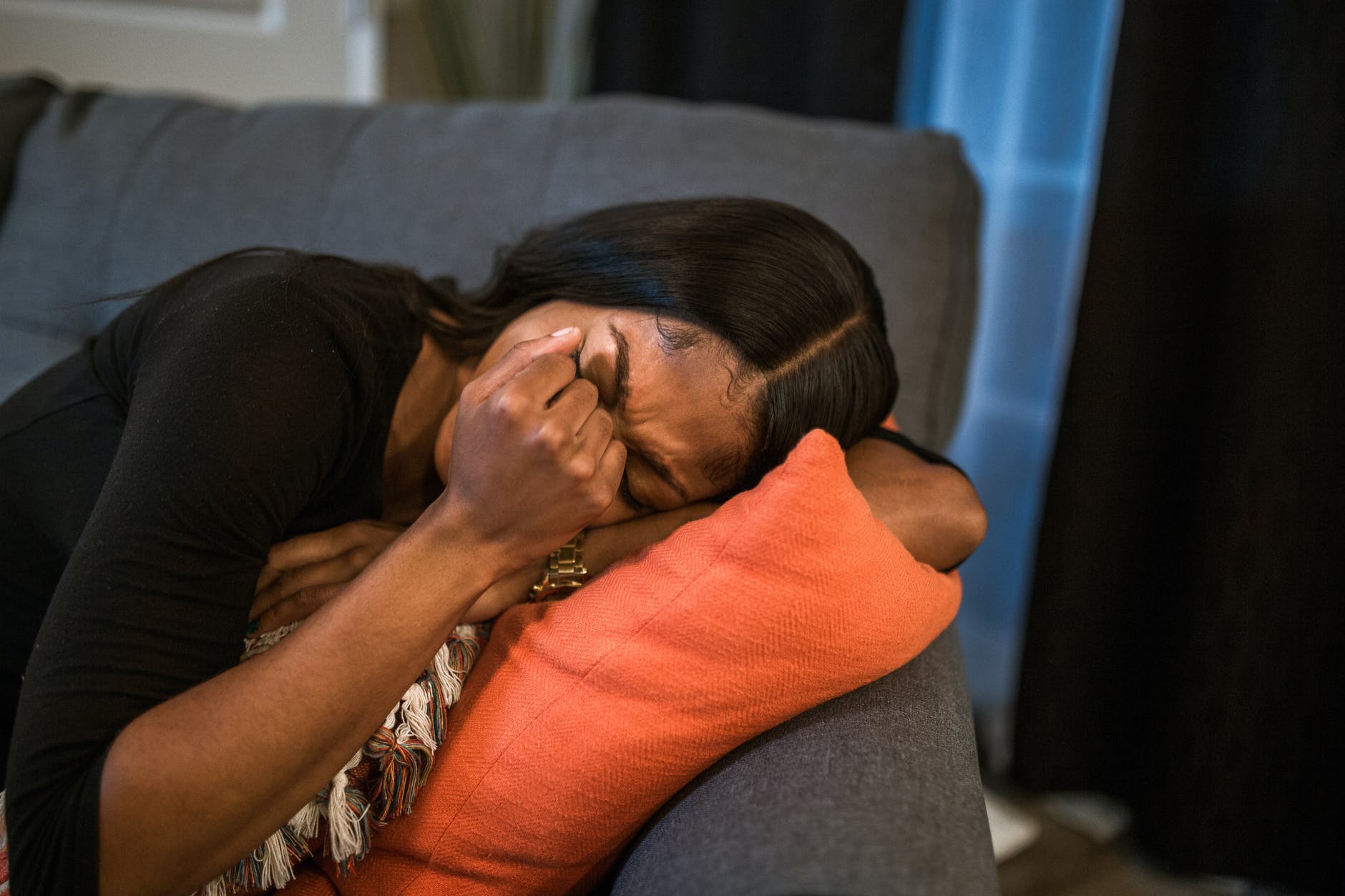5 Truths About Sexual Violence We All Need To Know

A creative writer with a voracious appetite for fashion, beauty,…
A new day is upon us. People are finally having open and honest discussions about sex, sexual health, sexual violence and all the stakes they entail. For the longest time, such discussions were had discreetly or not at all, but finally, things are looking up and we are better for it.
Young women grew accustomed to taking that walk of shame the morning after a wild night out and couldn’t even say a word to anyone about being violated because they would be blamed for their irresponsibility and carefree nature. Some others just had a relative or close friend take advantage of them, breaching their trust in the guise of familiarity. Across the world, scenarios like these still happen every day and some of us trivialize it by turning the other cheek in nonchalance, until it hits home then we all become convenient activists.
So what is sexual violence?
Sexual violence refers to any sexual act or attempts to obtain sexual acts by violence or coercion. Like most sensitive topics, there is a lot of ignorance associated with sexual violence.
There are certain things people do not fully know or frankly, cannot understand and that’s where arming yourself with the right information comes to play and if everyone would take responsibility for their sexual awareness the world would be a much safer place.
These are some truths about sexual health we all ought to know
#1. Sexual violence can happen to any of us

Sexual violence can happen to anyone regardless of gender, age, race, religion, and economic class. That’s scary to think about but is sadly true. This should make us more conscious and be on the lookout for any form of sexual violence and not turn a deaf ear just because it’s not happening to you or someone you know. Also, if you know that it could happen to you or your loved one, empathy would come rolling out naturally.
#2. It’s often someone you know

Most sexual assaults and rapes are committed by someone the victim knows. Studies indicate that among victims aged 18 to 29, two-thirds had a prior relationship with the offender. This is why precautions should be made to avoid this situation. When it comes to children, don’t leave your little ones with just anyone no matter the family label attached to them. Also, teach them to speak up for themselves if someone touches them inappropriately and help them trust you and become comfortable with sharing any news with you.
Even as an adult, being careful about who you visit and who visits you would go a long way in preventing sexual violence. The saying “it is he who knows you that knows best how to kill you” is very profound and true.
#3. Tipsy is not consent

Woohoo!!! A drink or two won’t hurt anybody and before you know it the world is spinning and we’re on system overload. This has happened to many of us at one point in life and if you haven’t experienced it, good for you. This is not to justify getting wasted and losing control of oneself but taking advantage of a vulnerable person is extremely wrong. Being under the influence of alcohol or drugs is not an invitation for sexual activity. A person under the influence of drugs or alcohol cannot make stable decisions or give consent, therefore should not be coerced into any sexual activity.
#4. Sexual assault is NEVER your fault

The stigma attached to victims of sexual violence usually leaves the victims with a sense of guilt and shame. In many cultures from Nigeria to the United States, India to the UK, this is the only case where a victim is blamed for being a victim. Absurd right? Contrary to popular belief sexual assault is not provoked by the victim’s actions, behaviors, or by the way they dress. It is perpetuated by a person who lacks self-control and is troubled, one way or the other. It is our responsibility to help victims of sexual violence understand that it wasn’t their fault and that healing is possible.
#5. Healing is possible

Sexual abuse leaves a victim physically and emotionally battered and long after the physical damage has healed, a survivor’s mental scars remain. Recovering from sexual assault or abuse takes time and no one should ever be rushed into “getting over it.” Survivors need to be patient with themselves, seek professional help and practice self-care. Support and empathy go a long way in making the victims feel safe enough to heal.
It is important to keep ourselves informed on sexual violence and to keep having helpful conversations on the topic because, at the end of the day, the change begins with each of us.
Featured image: Claudia Wolff | Unsplash
For the latest in fashion, lifestyle and culture, follow us on Instagram @StyleRave_
This is a Style Rave original content exclusively created for our readers. If reproduced, distributed, transmitted, cached, or otherwise used by any other publishing house or blogs, such use should provide a direct link to this source article. Use of and/or registration on any portion of this site constitutes acceptance of our Terms & Conditions and Privacy Policy.
A creative writer with a voracious appetite for fashion, beauty, lifestyle and culture. As one who's passionate about the advancement of the woman, creating content that inspire smart style and living, and positive lifestyle changes is a calling I take seriously. At Style Rave, we aim to inspire our readers by providing engaging content to not just entertain but to inform and empower you as you ASPIRE to become more stylish, live smarter and be healthier. Follow us on Instagram @StyleRave_ ♥







